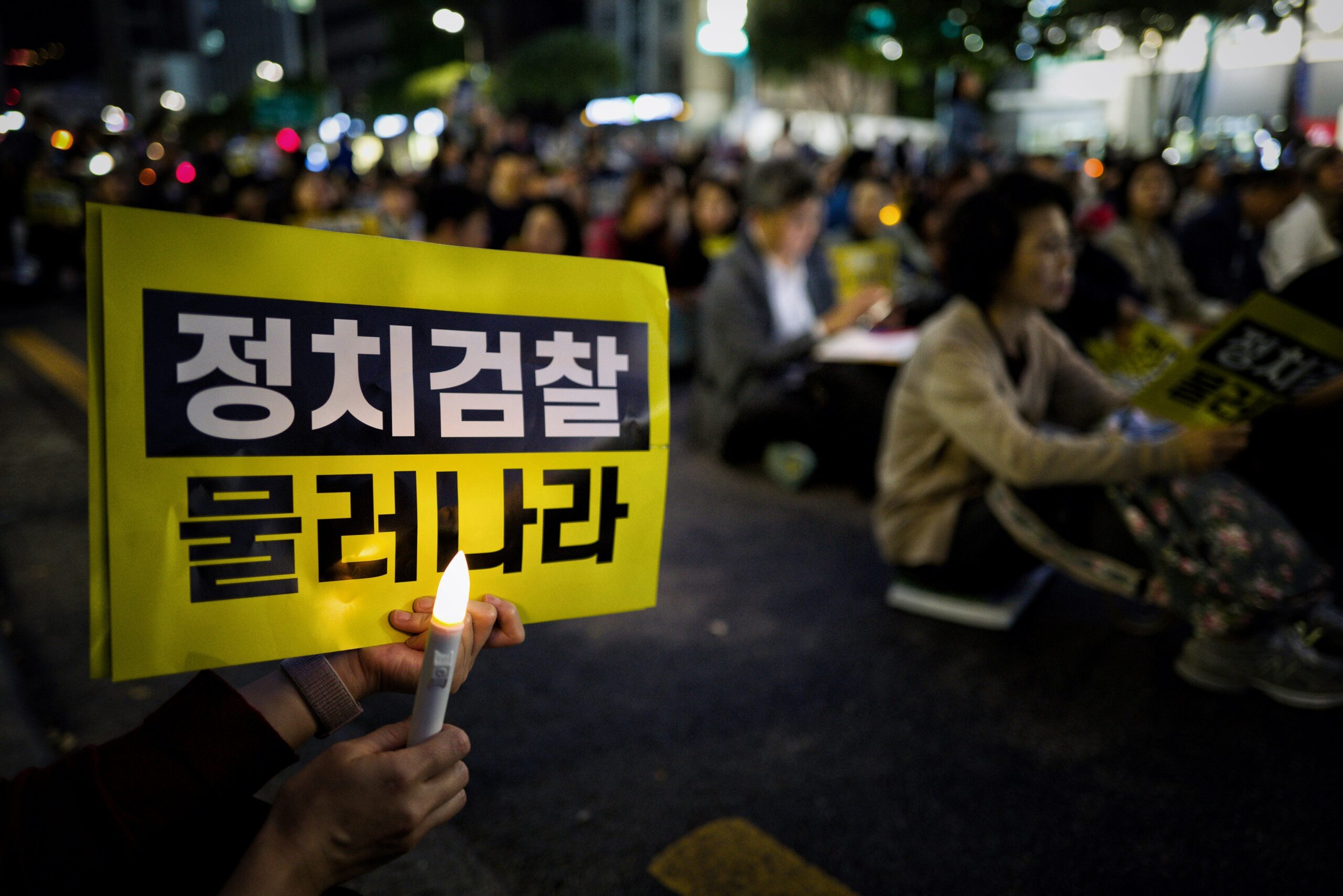
In a sharp escalation of rhetoric, Kim Yo Jong, the influential sister of North Korean leader Kim Jong Un, has accused South Korea of fabricating stories about the removal of propaganda loudspeakers along the inter-Korean border. This statement intensifies the ongoing dispute over the state of relations between the two Koreas.
Key Facts
- Kim Yo Jong has denied South Korea’s assertions that North Korea had dismantled some propaganda loudspeakers from their shared border.
- The accusations were made through a statement released by the Korean Central News Agency, a state-controlled media outlet in North Korea.
- South Korea’s Ministry of Unification has responded, stating its commitment to the normalization and stabilization of inter-Korean ties, without directly addressing Kim’s claims.
Background
The controversy began when South Korea’s Joint Chiefs of Staff reported that North Korea had removed some loudspeakers, which was shortly after South Korea had removed theirs. These loudspeakers have historically been used by both sides to blast propaganda across the border. Kim Yo Jong’s rebuttal emphasizes that no such removal has occurred and dismissed the actions and intentions of South Korea.
Relations between the Koreas have been particularly strained since the conservative leadership of former South Korean President Yoon Suk-yeol. With the inauguration of the more liberal President Lee Jae-myung in June, South Korea has been pursuing a policy aimed at rapprochement, which has been met with skepticism and outright rejection from Pyongyang.
Official Reactions
Kim Yo Jong’s statement criticized South Korea’s military claims as “an unfounded unilateral supposition and a red herring,” indicating a strong dismissal of the efforts made by Seoul. She accused the South of manipulating public opinion and attempting to shift responsibility for any escalation of tensions onto North Korea.
The South Korean Ministry of Unification has not directly countered Kim’s specific claims but reiterated its dedication to improving relations with North Korea.
Broader Implications
This incident is indicative of the deep-seated mistrust and complexity of inter-Korean relations. It underscores the challenges faced by South Korea’s new administration in its efforts to reduce tensions and foster a peaceful dialogue with its northern neighbor. Moreover, Kim Yo Jong’s outright dismissal of South Korean efforts, including military and media strategies, highlights the profound ideological and political divides that continue to characterize the Korean Peninsula.
Additionally, Kim’s comments on international relations, specifically rejecting the notion that North Korea would use international platforms like the upcoming US-Russia summit to communicate with Washington, further demonstrate Pyongyang’s current stance on diplomacy and international engagement.
What’s Next
As tensions continue to simmer, the international community remains watchful of any further developments that could impact regional stability. The effectiveness of South Korea’s diplomatic overtures under President Lee Jae-myung’s administration is yet to be seen, particularly in light of the steadfast opposition from the North. Observers will also be closely monitoring any shifts in North Korea’s diplomatic posture in the coming months, especially in relation to its interactions with major global powers.


